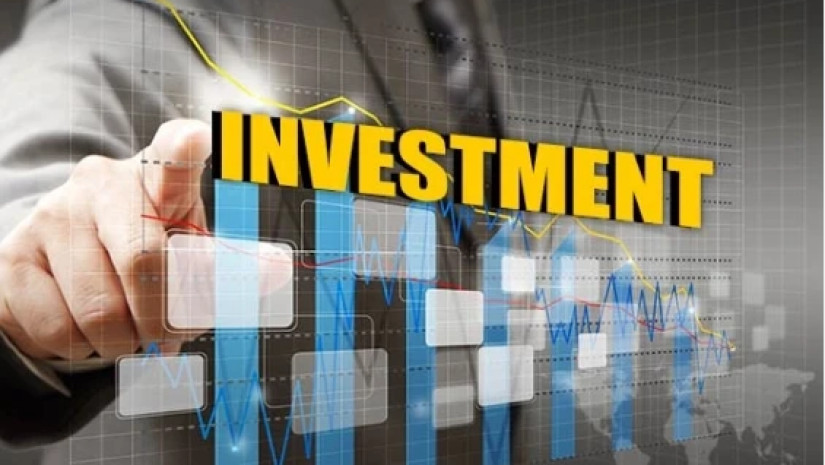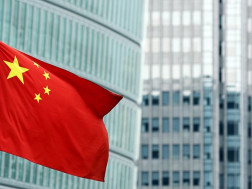Emerging markets have historically been considered higher risk and more volatile than the so-called developed markets of western Europe, Australia, Canada and the United States.
The term emerging markets (EM) was coined in 1981 by Dutch economist Antoine van Agtmael at the International Finance Corporation. It was a catchy marketing phrase that provided an alternative to the then-common label of third world. It also distanced such countries from the notion that they were underdeveloped economies devoid of investment opportunities. Instead, they could be presented as countries imbued with promise for the future.
Emerging markets have evolved over the decades in ways many investors still may not realize. Today, emerging economies boast many cutting-edge companies that are global industry leaders.
When I started out in the investment business in the mid-1990s, emerging markets were still often viewed as the “dark corners” and back alleys of the global economy.
Today, however, some of those same markets offer good fundamentals and increasingly better governance, and this in turn has led them to becoming a growth engine of the global economy.
The United States listed EEM iShares emerging markets ETF currently trades at around $42 levels.
According to Bloomberg data, was the 16th straight week of inflows.
Inflows to this U.S.-listed emerging market ETFs that invest across developing nations as well as those that target specific countries totalled $3.32 billion in the week ended Jan. 20th 2023. So far this year, inflows have totalled $9.19 billion.
The MSCI emerging markets Index is a free float weighted equity index that captures large and mid-cap representation across Emerging Markets (EM) countries. The Index covers approximately 85%of the free float-adjusted market capitalization in each country. Current P/E stands at 10.44x and a price/Book of 1.58 with a dividend yield of 2.98%.
In terms of country allocation China (Peoples republic of China) stands at 31.39% and India at 13.34%, Brazil at 5% and south Korea and Taiwan at 11.57% and 13.04% respectively.
Developing-market bond and equity funds had inflows of $12.7 billion in the week through Jan. 18, the largest addition on record, while US equities had $5.8 billion in outflows, according to a note from Bank of America Corp. citing EPFR Global data.
Among sell-side analysts and investment banks long emerging markets is increasingly becoming popular if not “consensus”. Seasoned investors and private clients know and recall the old Wall Street adage “ just because it is consensus does not make it wrong”.
Every decade, there is a new leader in the market. In the 2010s, it was US stocks and mega-cap tech.
The EM asset class has had a strong start to the year, with the MSCI emerging-markets index soaring 8.6% compared with a 4.7% advance for the US benchmark. US stocks as expensive, with those in emerging-markets trading at a nearly 30% discount.
Emerging-nation stocks, bonds and currencies have strengthened this year as investors bet that global central banks are near the peaks in their hiking cycles.
Emerging economies on average are expected to expand by 4.1% in 2023 and 4.4% in 2024, according to estimates by Bloomberg. That growth is higher than the estimates for the US, at 0.5% and 1.2%.
Moving average on the benchmark index for emerging-market equities crossed above its 200-day moving average, the yearly trend line and technical indicators flash “strong BUY” for EM as an asset class.
Investor & fund allocations to emerging-markets are well below historical averages and inexpensive EM currencies, give a lot of room to outperform in 2023 if not in this decade.
Emerging markets today are best exemplified by two words: young and growth
Re-balancing and taking money out of US equities to add to EM and developing markets exposure could become more of a trend in the new Chinese year of the rabbit.
















